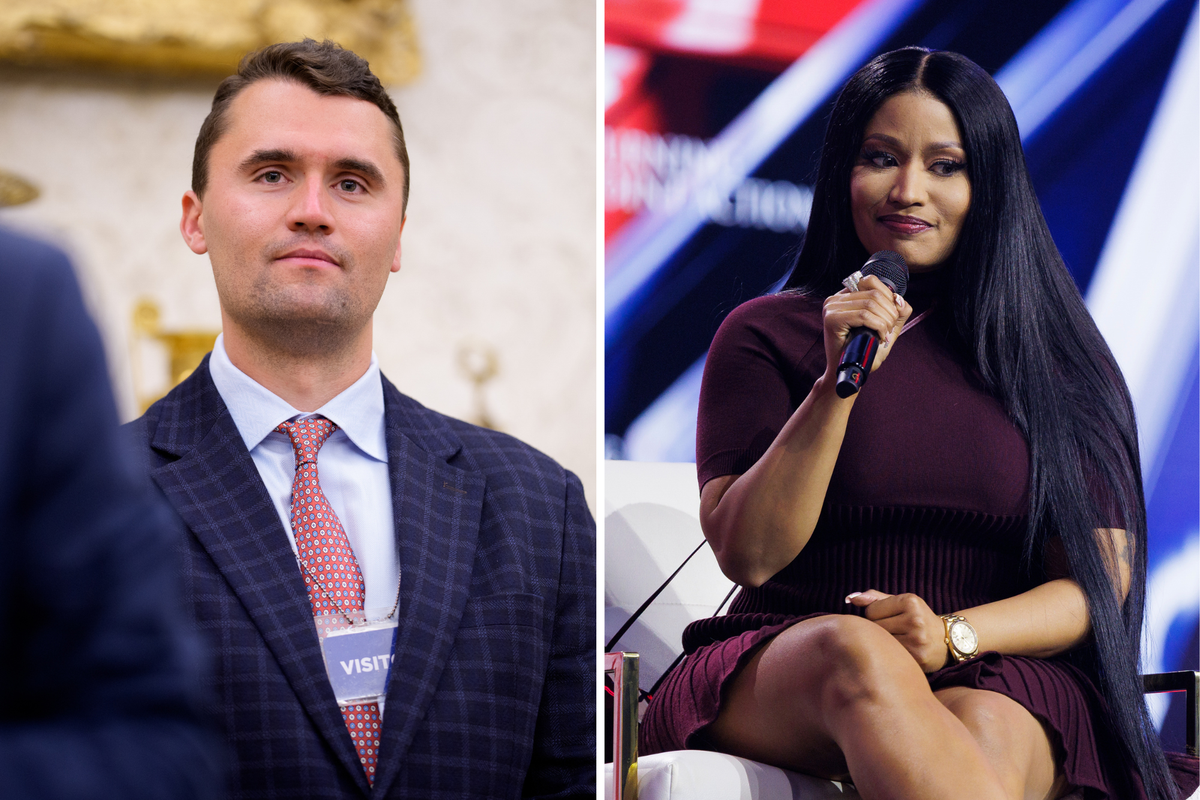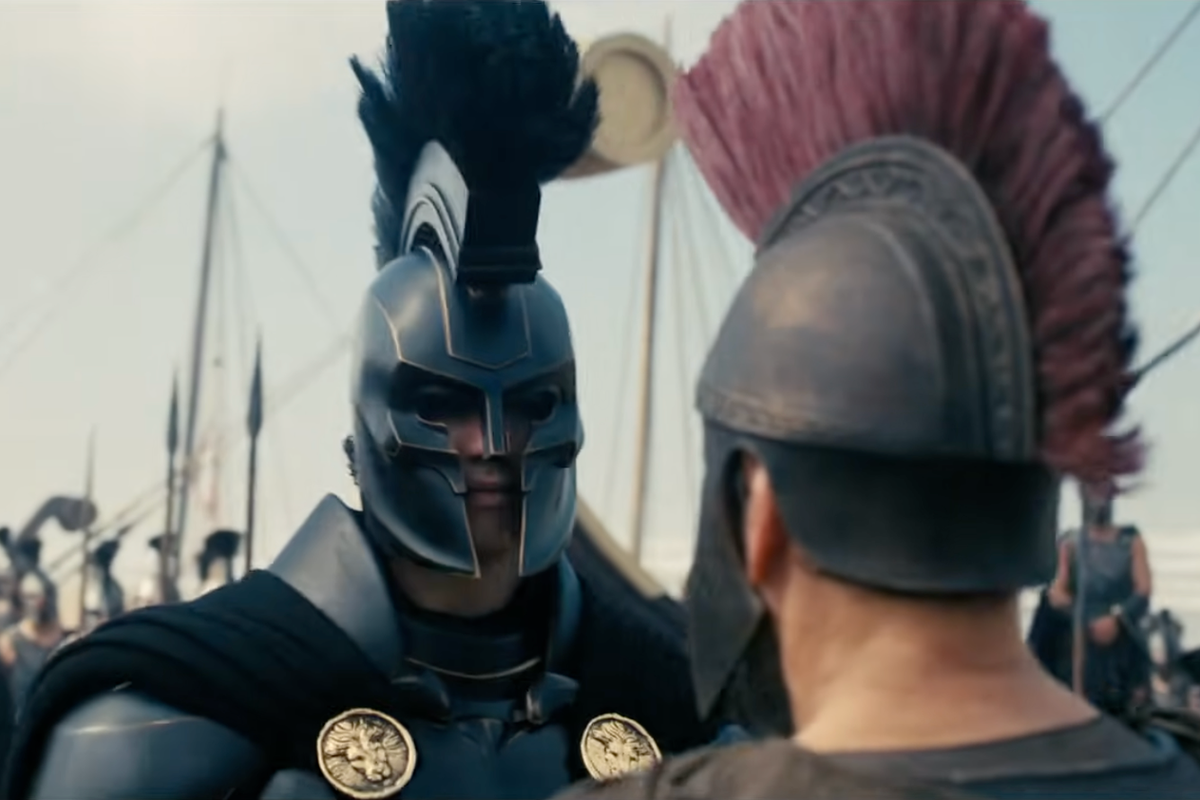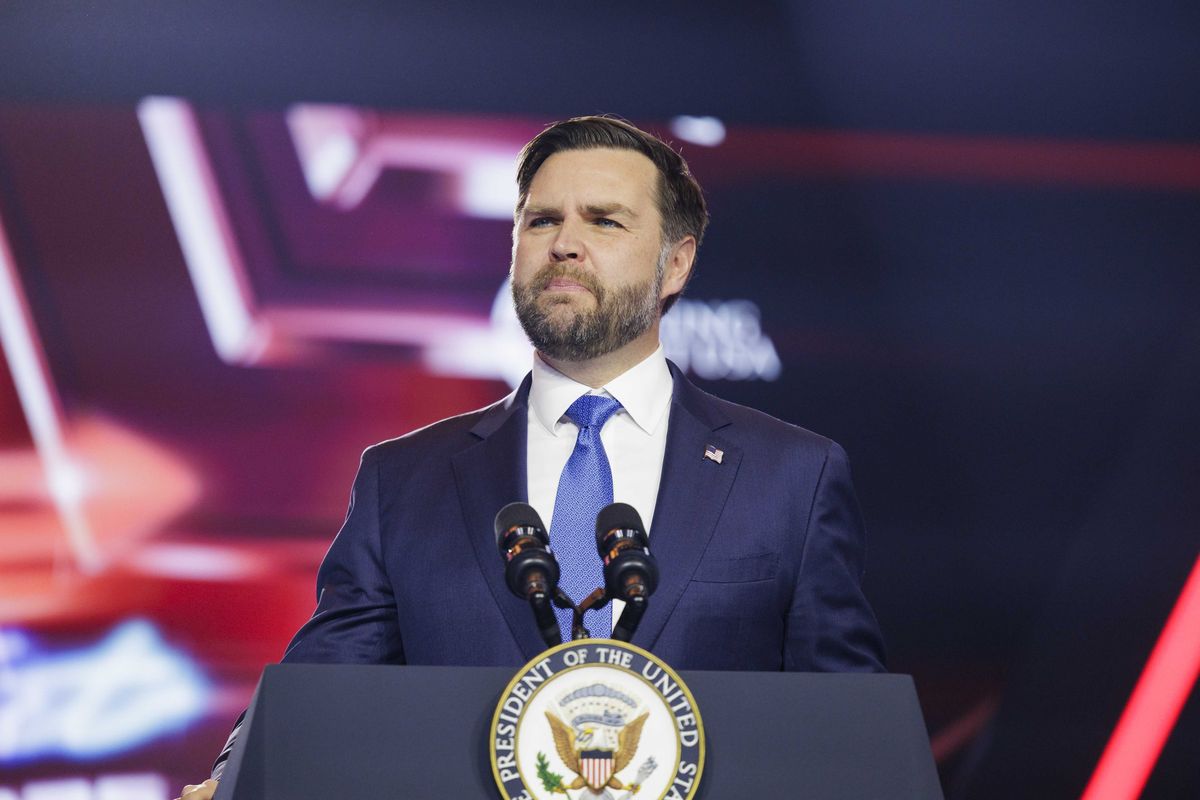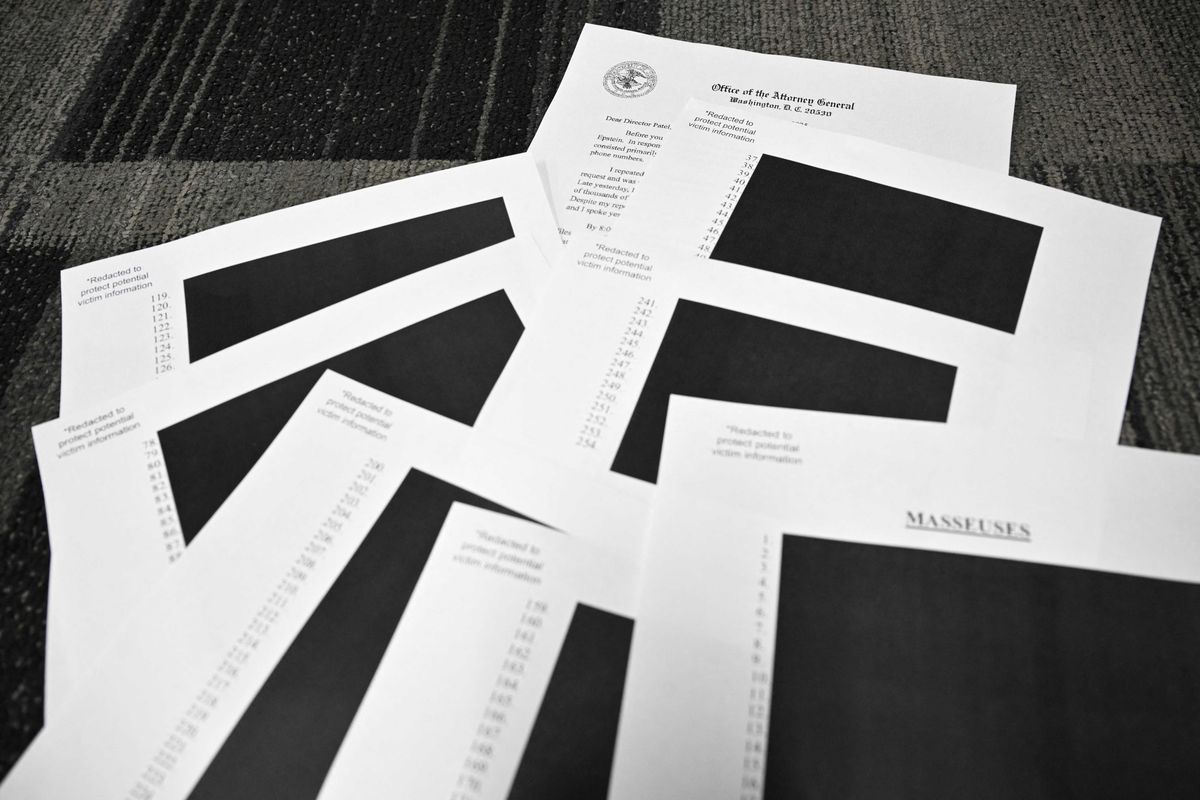News
Patrick Cockburn (edited
Sep 21, 2014
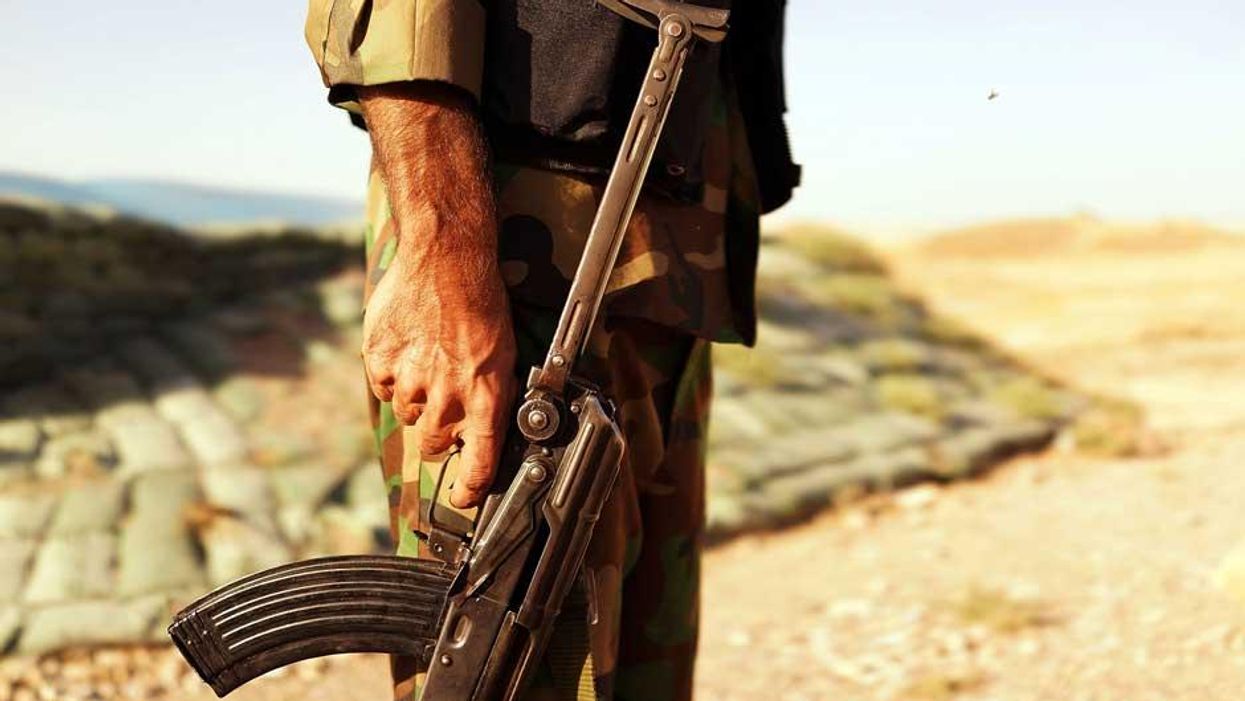
TLDR: If the United States and its allies want to combat the Islamic State jihadists (IS, formerly known as Isis) successfully, they should arrange a ceasefire between the forces of Syrian President Bashar al-Assad and the non-IS Syrian opposition.
Neither the Syrian army nor the “moderate” Syrian rebels are strong enough to stop IS if they are fighting on two fronts at the same time, going by the outcome of recent battles.
A truce between the two main enemies of IS in Syria would be just that, and would not be part of a broader political solution to the Syrian crisis which is not feasible at this stage because mutual hatred is too great. A ceasefire may be possible now, when it was not in the past, because all parties and their foreign backers – the US, Saudi Arabia, Russia and Iran – are frightened of the explosive advance of the Islamic State. US Secretary of State John Kerry told the US Security Council on Friday that there is room for everybody “including Iran” in an anti-IS coalition.
The case for a ceasefire in Syria is cogently argued by Yezid Sayigh of the Carnegie Endowment for International Peace in Beirut in a paper entitled "To Confront the Islamic State, Seek a Truce in Syria".
He rightly says that "both the regime of Bashar al-Assad and the more moderate armed rebels arrayed against it are stretched thin, bleeding badly and in an increasingly vulnerable position …. Each has self-serving reasons to suspend military operations to confront the looming jihadist threat from the east."
The Syrian army suffered heavy defeats at the hands of IS in July and August, though these were little reported in the West. Mr Sayigh cites figures of 1,100 government soldiers dead in July alone. It has long been clear that the army was short of combat troops and could only fight one front at a time. Mr Assad appears to have calculated that the rise of IS would be to his political advantage because most of the world would prefer him to the fundamentalists. But he underestimated the military strength of IS since they captured Mosul on 10 June.
At the moment, the political landscape in Syria must look good from the point of view of IS. Its opponents are divided. The US is backing a group of moderates who barely exist and wants to weaken the Assad government.
The so-called “coalition of the willing” is, in practice, very unwilling to fight IS, while those hitherto excluded, such as Iran, the Syrian government, Hezbollah and the PKK, are the ones actually fighting. A truce between the government and moderate rebels in Syria would enable both to devote their resources to fighting IS, as they need to do quickly if they are to avoid defeat.
The Jihadis Return: Isis and the New Sunni Uprising by Patrick Cockburn, published by OR Books, is available at orbooks.com
More: Isis are really upset with the French government's new name for them
Top 100
The Conversation (0)


